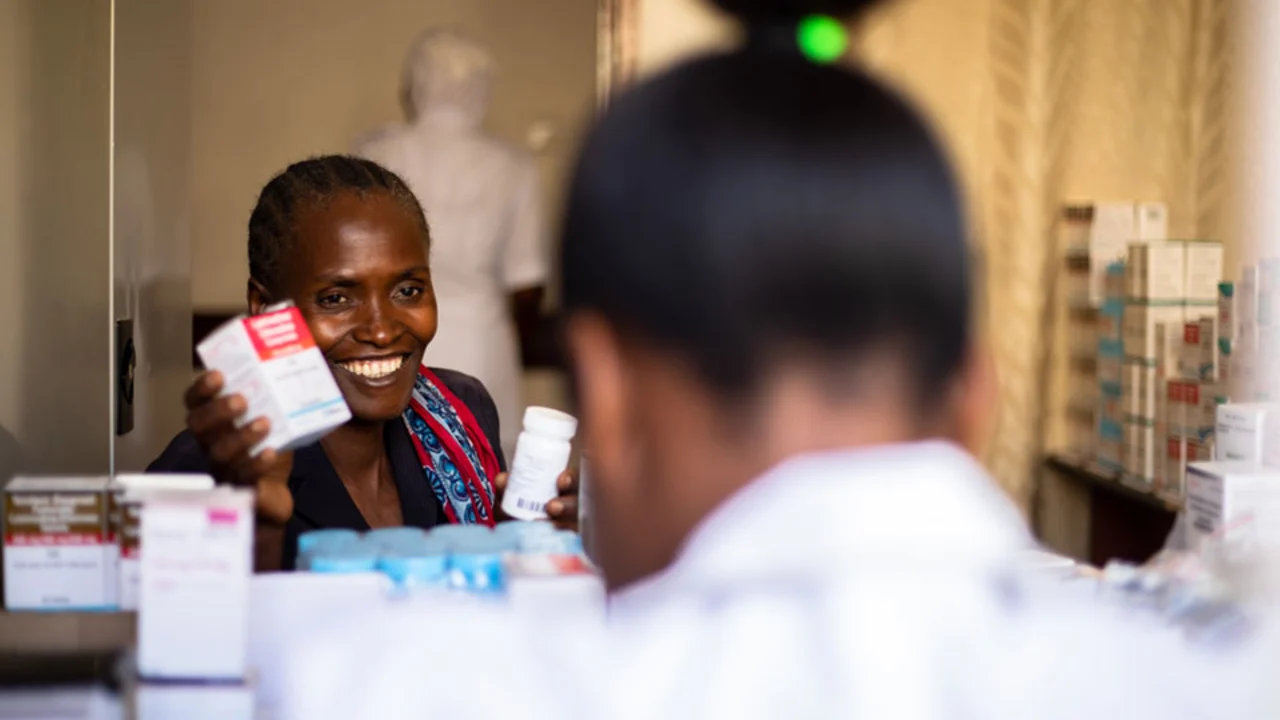HIV medication access: where to start and what actually works
You can often get HIV meds in Canada for little to no cost — but the system looks different depending on where you live. Getting the right drug on time usually means knowing your local services, public drug coverage rules, and a few tricks to speed things up. This guide gives clear, practical steps you can use today.
Find the right clinic or prescriber
Start with a sexual health clinic, HIV clinic, or your family doctor. If you don’t have a regular provider, community health centres and AIDS service organizations (like your provincial AIDS group or CATIE) can connect you to a clinician who knows HIV care. Many clinics handle baseline tests (viral load, CD4, kidney and liver labs) and will write the exact prescription insurers need.
Pharmacists in several provinces can renew or adapt prescriptions for some meds — that can save time if you need a quick refill or a short-term switch.
Paying for meds: programs and cheaper options
Check these routes in this order: provincial drug plans, private insurance, manufacturer patient support, and community assistance. Provincial drug programs often cover antiretrovirals fully for people on disability, low income, or under specific HIV programs. If you have private insurance, confirm whether it covers brand-name or only generics.
Drug makers (Gilead, ViiV, others) run patient assistance programs that sometimes provide free medication for people who qualify. Ask your clinic social worker to help with applications — they handle these requests daily and can speed up approvals.
If cost is still a barrier, talk to your provider about generic alternatives or therapeutic substitutions. Generic antiretrovirals can be far cheaper and are widely used where available.
Online Canadian pharmacies are another option for people who need regular shipments. Only use verified, licensed pharmacies and keep prescriptions on file. For U.S. residents thinking about importing meds, check customs rules and local laws first — small personal imports sometimes have exemptions, but there are risks and paperwork.
Need meds right now? Ask about emergency refills, community pharmacists’ emergency supplies, or same-day pickup from clinic pharmacies. For PEP (post-exposure prophylaxis), time matters — get seen within 72 hours and ask for an urgent prescription.
Practical tips: always keep a copy of your prescription and lab results, store meds as instructed (temperature matters for some drugs), and carry a short travel letter from your prescriber if you’re traveling. If you switch pharmacies, transfer your prescription record to avoid gaps.
If you hit roadblocks, call your provincial health line or a local AIDS service organization. They can push on paperwork, help with appeals, or point to emergency funds. Getting and staying on HIV meds is very doable with the right help — ask for support and don’t let paperwork stop you from getting treatment.
Generic Ritonavir: Affordability and accessibility in HIV care
Hey everyone! Today, I want to delve into a game-changer in our fight against HIV - Generic Ritonavir. This cost-effective alternative has been a beacon of hope for those needing affordable HIV care. Its availability is expanding, which means that more people can access this crucial medication without breaking the bank. Let's explore how Generic Ritonavir is shaking up the HIV care landscape and why it's such a big deal for our community. It's about ensuring that everyone, regardless of their financial situation, has a fighting chance against HIV.
